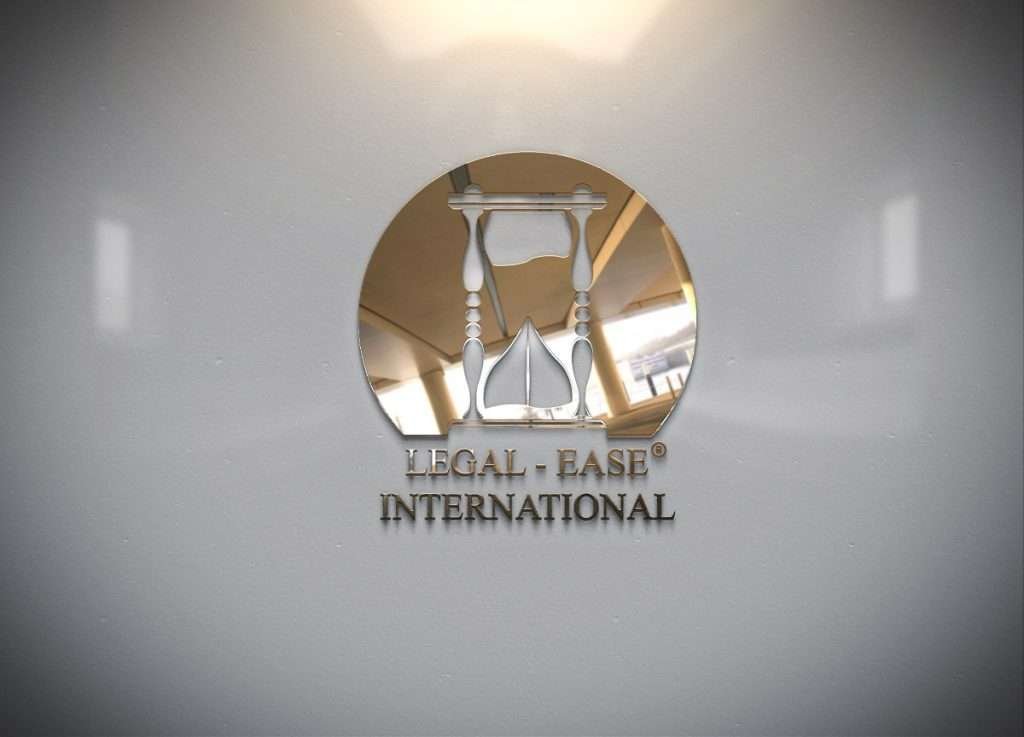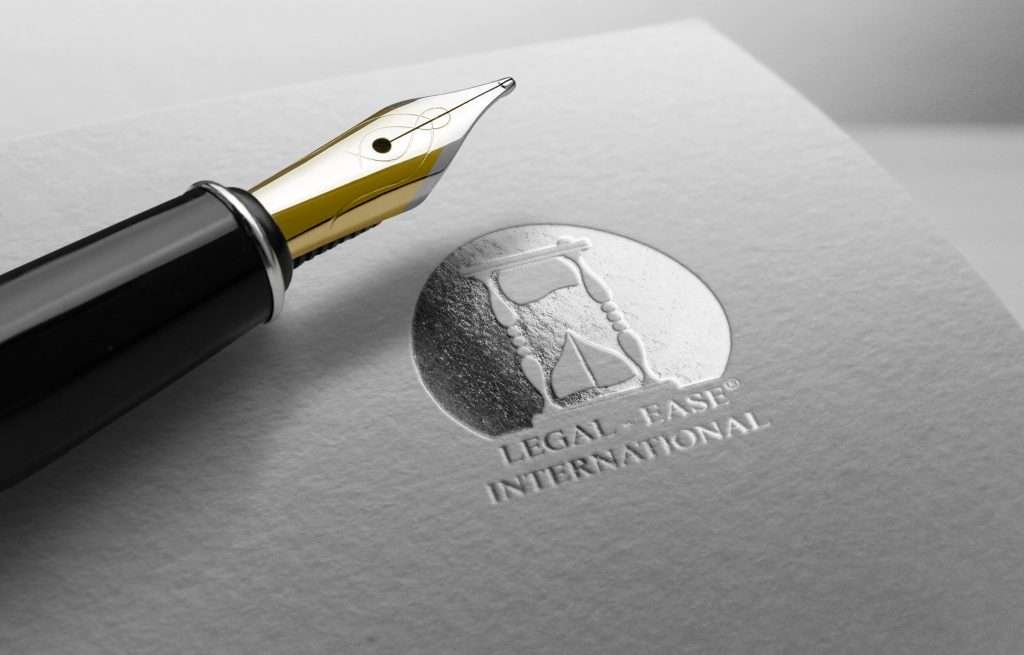
Who protects the lawyers?
Diana Smith was a well-respected US lawyer who had worked in the legal profession for over twenty
years. She was a successful and respected member of the bar, having been involved in some high-profile
cases. But despite her success and hard work, Dianas career ended abruptly when a Canadian man
falsely reported her to the bar.
Diana felt helpless and frustrated, and her story needed to be told. This is the story of Diana Smith, a US
lawyer who was wronged by the bar after a Canadian businessman filed a false report against her.
Diana, a retired lawyer, and current international legal advisor replied to a prospective client looking for
legal representation in Southeast Asia. While the man never retained Diana as his legal counsel, Diana
got him in touch with regional attorneys to help him with his case. While Diana normally charges a
nominal fee for her advisory services, she felt a simple referral did not warrant such a fee, as in her
mind, it was a simple matter. She did not do any direct work for the client and thus was happy to refer
him to one of her many international colleagues in the legal community.
Unfortunately, the man was less than pleased with the outcome of his international case and, thus,
decided that Diana was the scapegoat. He falsely reported her to the bar, claiming she had taken an
illegal fee for her services. The bar, however, had no evidence to support the man's claim yet took the
man's word as truth.
Diana was then hit with a severe reprimand and suspension from the bar, effectively ending her
professional career and any prospects of representing clients on legal matters. While Diana had the
option to appeal her case, the bar made it prohibitively difficult for her to do so, scheduling in-person
hearings during the peak of the holiday travel season.
While usually, such in-person hearings may not be a big deal, for Diana, it meant temporarily halting her
primary source of income. While technically retired from practicing law, Diana travels to many different
countries to host workshops and seminars, educating seasoned and prospective legal professionals on
the intricacies of language translation. The bar refused to let Diana attend the hearings over video conferencing, even
during the height of the pandemic.
Having to attend an in-person hearing then, for Diana, meant clearing her packed calendar and
refunding all advisory fees to her students while purchasing an expensive international flight, car rental,
and accommodation, all at her own expense.
Unfortunately, the story does not end there. The man who had initially accused Diana became
frustrated that the process of ruining a lawyers career was not easier than it already was. As such, he
began a smear campaign against her online, hiring foreign social media teams to write false and
inflammatory content about her online. They would post on her Facebook page, YouTube videos and
even leave false 1-star reviews on her advisory services. Frustrated and helpless, Dianna was forced to
take down all of her social media for fear of her current clients seeing such incendiary content.
Because the man was not a US resident, pursuing legal action against him for his actions would be an
expensive endeavor. After retaining counsel for the initial hearing, Diana was already financially
exhausted and had minimal options. Despite the clear and apparent attempts at shattering her
reputation, the bar refused to drop the case against her.
Diana's story is an important reminder of how quickly a false report can derail a successful career. Her
story demonstrates the underlying issue surrounding a gap in legal protection for active members of the
bar and begs the question: who protects the lawyers?
While the bar takes all accusations against lawyers seriously, there seems to be no clear and objective
vetting practice to ensure such accusations are not only true but plausible. In Diana's case, the man
falsely claimed she agreed to represent him on the matter but could provide no retention agreement,
payment trail, or correspondence beyond the simple referral. In essence, it seems anyone can file such a
report outside of the United States to effectively destroy an attorneys career, all with the help and
resources of the legal body funded primarily by the lawyers!


